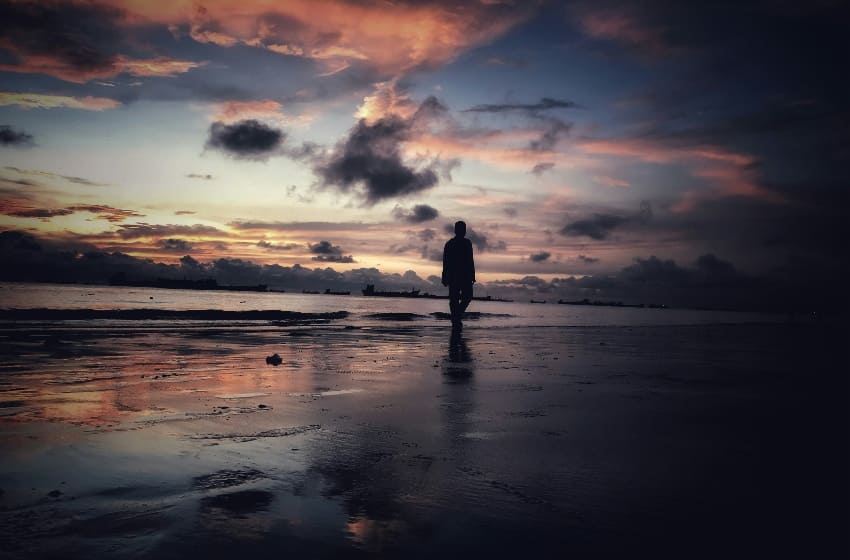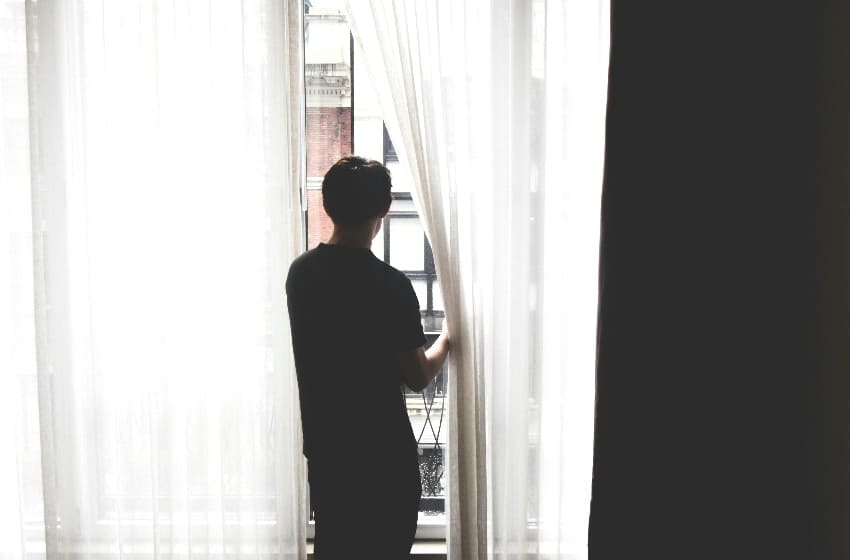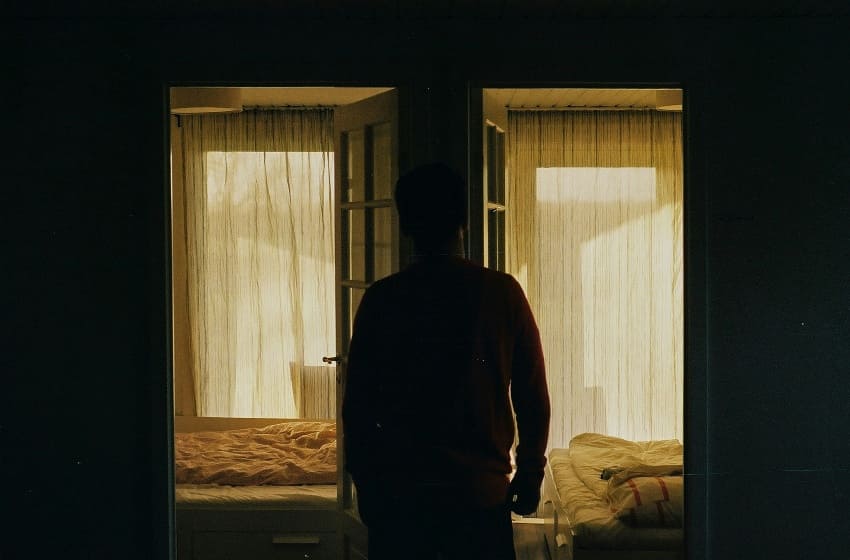
Are you feeling disoriented or lost in life? Are you curious about how to rediscover who you are? Have you ever thought, “I’ve lost myself,” or felt you are missing a piece of who you are? Perhaps it was about a minor or major issue, or maybe you are going through a tough phase in life when you feel so disoriented that you hardly recognize yourself. At such a stage, we usually neglect our own goals, beliefs, and aspirations.
It is possible to get accustomed to repressing our needs, wants, or emotions or forget who we truly are and our goals momentarily, but it should not be a formality. Everybody experiences disorienting moments in life at one point or another; nevertheless, don’t despair.
If you have been experiencing a prolonged sense of losing yourself, it’s high time that you reclaim your identity. There is a way to get back. We will look at methods in this post to help you regain your identity and return to the person you know and love.

Losing Yourself – Meaning
During a challenging period, it may be tough to grasp that “losing yourself” is more than just being uncertain about one’s life direction. It entails feeling as though you’ve lost your identity, your sources of contentment, and your enjoyment of existence.
Recognizing these changes is essential to recovering this lost sense of oneself. Either a sudden and significant incident in your life or a gradual process over time, something has changed how you view yourself. This might result from a prolonged build-up of stress and expectations that overwhelms you, or it could be a sudden shift in circumstances like a job loss or relationship issues.
Whatever it is, self-reflection can assist you in identifying the difference between the present and the past. After recognizing these differences, consider the adjustments that will allow you to rediscover who you are.
Is there a part of your former self that you find appealing in your new self? Could you regain a sense of direction and purpose by spending time learning something new? Whatever it is, remember that recovering your identity might be daunting. To begin regaining control, concentrate on making tiny progress each day.

Why Do I Feel Lost? The Signs and Indicators
There are several rationales for you to think, “I have lost myself.” While you perceive yourself through a powerless prism, your body may appear to be operating within its conditioned patterns as if floating along. There aren’t many thrills or difficulties, and the routine has taken over.
Buying into external notions of who or what you should be might cause you to lose touch with who you are. This can still occur regardless of where such views originate — from friends, family, society, or even yourself. You will ultimately lose yourself if you pursue what you believe you should be doing instead of what you like doing. You are not living your own life if you have ambitions but choose not to pursue them due to other people’s expectations. After losing yourself, the only person who can restore you to joy, passion, self-evaluation, and independence is the real you.
Imagine wandering blindly through strange forests. You get more and more lost the longer you travel that way. That’s what it feels like not to be your most genuine, happy, and honest self. It is difficult to acknowledge and tell yourself, “I’ve lost myself.” You conquered that. It was you, not us. When you come to this conclusion, how do you proceed? We are here to assist you in taking the next step: discover who you are so you may escape those forests.
Finding your identity is about gaining access to your self-assurance, innate and acquired skills, feeling of self-worth, independence, and self-reliance. Discovering who you are and where you can go means learning to rediscover yourself; it is not about knowing where you are right now. Let’s begin by discussing how determining how you arrived at your current location might help you discover who you are.
What Are the Causes of Losing Yourself? Facts Sheet
Usually, losing oneself is not something that occurs overnight. It develops over time. Your current predicament may have resulted from various life events, circumstances, and choices. Recognizing when you have lost yourself might be challenging since we often try to push through uncomfortable situations or disregard our feelings.
However, disregarding our emotions or misgivings might send us down a deeper rabbit hole, separating us from our actual selves and goals in life. What, then, makes you lose your identity? In actuality, many factors come into play; hence, you may begin to lose yourself in the following ways:
#1) Trauma
Traumatic experiences or occurrences alter our perspective on the world and our place in it. Recovering from a stressful event can be challenging, as we might have to recall our previous selves.
#2) Stressful Environments
Managing difficult events, such as losing our job or experiencing a family member’s death, might lead us to prioritize other demands over our own. You may eventually forget the things that define who you are.
#3) Toxic Relationships
Being in an unhappy relationship is frequently one of the main causes of identity loss. It is easy to lose focus on your objectives and moral principles when you become engrossed with the aspirations and desires of others.
#4) Striving for Perfection
One often falls into the trap of perfectionism. When we get sucked into it, we become overly harsh on ourselves and focus on appearing attractive to other people. We believe that achieving perfection is the only path to serenity, but in reality, we are at war with ourselves since we can never live up to that goal.
#5) Desire to Win People Over
Well, maybe not sociopaths, but most people want to have other people’s characteristics. It’s ingrained in our wiring since belonging to a group provides security and comfort. However, it becomes “bootlicking ” when done excessively.
When you feel stretched out in life due to people’s responses, you will find that you neglect your goals, needs, and well-being to compensate for their reactions. Constantly seeking the approval of others can be exhausting, particularly when you come to realize most don’t care.

How Do I Rediscover Myself? The Renewal
The initial phase of discovering why you lost yourself is comprehending the reason behind it, which varies for each person. It might have anything to do with a traumatic experience or something steadily accumulating over time and requiring attention. Following your understanding of the reason for the identity change, the following methods will assist you in taking back and rediscovering who you are:
#1) Reaffirm Your Basic Beliefs
Spend some time thinking about your priorities and concentrating on reiterating those principles every day. Spend some time for yourself, even if it’s only a little quiet moment or a stroll outdoors. Self-care is essential to feeling like yourself again.
#2) Make New Relationships
Spending time with loved ones or close friends who can help you remember and reestablish connections with past experiences may greatly aid in regaining your former identity. Develop interests that stimulate your curiosity and help you comprehend the things that, despite their small size, nonetheless provide you with happiness and significance.
#3) Look For Novel Encounters
Try anything that piques your interest, take up a new pastime, or visit a foreign place. Make every effort to disrupt your daily routine and awaken your creative flame.
#4) Give Yourself Some Time
Consider selecting a pastime or recreation pursuit that aids in calming and destressing, such as walking, joining a yoga session, or indulging in literature. It would also be advantageous to allocate some time for introspection and contemplation while acquiring insights into your persona and desires.
#5) Use Your Imagination
Using your creativity as a medium, you can explore your emotions or try to explain something about yourself. Whether it’s music, art, writing, or something else entirely different, any of those will work wonderfully. Disclosing your deepest ideas might help you discover your true self.
#6) Establish a Connection With Nature
Nature can literally and symbolically return us to ourselves. Spending time appreciating the beauty around you, taking in the fresh air, and enjoying everything nature offers may help you get perspective on your life and what it might be lacking.
#7) Pose Questions to Yourself
Who am I? What is it that I desire? What can I achieve today that will give me a sense of accomplishment? What action can I take now that will help me later on? To what destination am I heading? Pose as many questions about yourself as you can.
You may use this as a terrific starting place for your diary, but you can also use it for other purposes, such as while cleaning the dishes, stuck in traffic, or surfing the web. Note that no inquiry is improper, and no response is correct.
Conclusion
Having severe anxiety can make daily living challenging, hence the feeling of “I’ve lost myself.” Thankfully, we are in charge of our destinies and can learn to control these overpowering ideas with little effort. Although it might be a drawn-out process, discovering who you are is worthwhile. Work hard and remember to treat yourself gently while you go through this process.
Reestablish your connection with your priorities and recover your power by using the potent tools of self-acceptance and contemplation to reconstruct your identity. Discovering yourself is the ultimate gateway to embark on a fulfilling and joyful life, as each individual has their unique path. I wish you a happy and healthy life!




